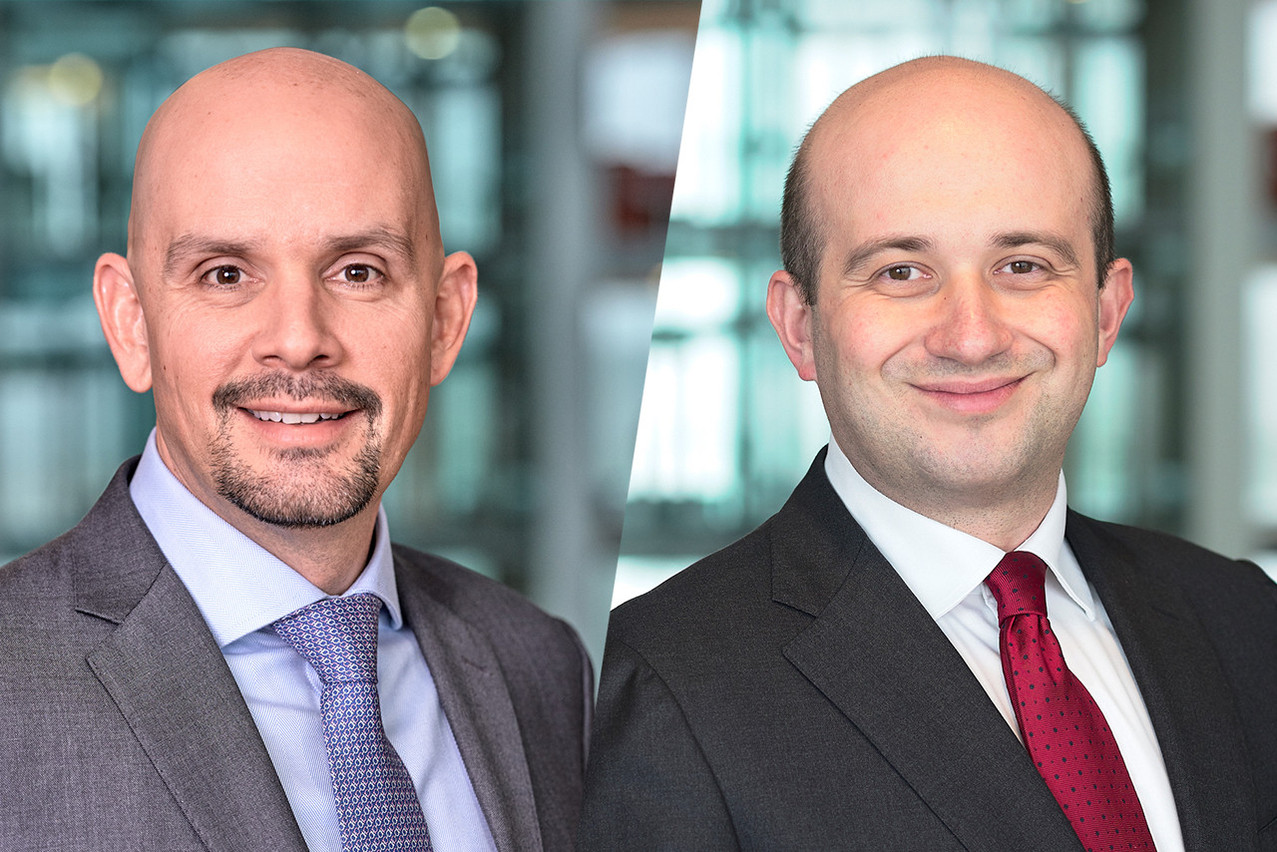The survey, carried out by the Institut Luxembourgeois des Administrateurs (ILA) and PwC Luxembourg, collected information from 137 organisations in 2022. Delano spoke to the two survey authors, Andrea Montresori and Michael Delano, about the key findings.
Maturing ESG practices
“Two years ago, ESG was coming,” says Montresori, incoming ILA Fund Committee Chair and PwC Luxembourg partner, “but… people didn’t consider [it] so important. Now, and with the new regulatory environment, most of the [survey] participants have a common definition of ESG and are preparing all the tools.”
Indeed, the previous iteration of the survey found that the majority of fund boards hadn’t yet, in 2020, agreed on what ESG was or determined its importance to the company or the fund. Specifically, only 31% of super man-cos, 32% of Ucits (Undertakings for the Collective Investment in Transferable Securities) and 17% of AIFMs (alternative investment fund manager) had defined the term. In just two years, however, these numbers have doubled or more.
Boards are increasingly certain, furthermore, that they possess the right structures and processes to oversee ESG investments: 84% of super man-cos feel confident in this area (versus 55% in 2020) and 65% of AIFMs (versus 50%), for example. Correspondingly, fund boards are also more likely to take ESG criteria into account in the investment review process.
The survey also records an uptick in concerns over greenwashing. Most dramatically, between 2020 and 2022, the percentage of AIFM boards that reviewed ESG communications to stakeholders in order to avoid greenwashing rose from 8% to 71%. Asked for any insight as to what framework or standards these boards were using to assess the language, Delano, ILA Fund Committee Chair and PwC Luxembourg partner, comments: “There are a number of funds that are starting to report under level two of SFDR [a regulation that addresses greenwashing by, among other things, issuing requirements on marketing communications] and boards should be educating themselves to ask the right questions. For example: Do we have the appropriate policies in place? Do we have the right people? The right expertise? Are we getting reliable data?”
Boards are taking training and upskilling seriously, he adds.
Women on boards
What was the most surprising outcome of the survey? For Montresori, the answer is diversity: “I would have expected probably an increase of diversity in terms of gender,” he says. “We experienced in the last three editions an increase of the presence of women at the board level and, honestly, when this year we arrived at 22%--the same as two years ago--I would say it was unexpected.” He adds that the number might have been affected by a bias associated with the changing makeup of respondents, as for this iteration there were (e.g.) many more alternative investment firms represented.
“For management companies and investment funds that focus on ESG investing,” says the survey, “remedying this [gender imbalance] is of the utmost importance, as such matters are heavily scrutinised by ESG-conscious investors who would prefer to seek out players in the fund industry who practise what they preach.”
A new question in this iteration of the survey asks whether boards are actively seeking to diversity their composition. About 40% said yes.
Positive notes for Luxembourg and fund boards
Montresori’s observation about ESG practices maturing so quickly--quoted earlier in this article--came in the larger context of highlighting the speed with which Luxembourg reacts to new regulations and requirements. “We are doing, in terms of marketplace, very good governance… there is a continuing of good practices,” he says, noting how swiftly Luxembourg implements new regulations.
“Overall, [even] without regulatory intervention… I think the [governance] trends that we’re seeing are quite positive,” adds Delano.
“Particularly on the regulatory [side],” he adds, “there are no significant gaps from boards in understanding and complying with their regulatory obligations… it hasn’t been an issue but it’s good to see.” Being up to speed on regulations, he says, enables boards to focus more on strategic product initiatives.
You can read/download the full Luxembourg Fund Governance Survey 2022 on the PwC website’s .
